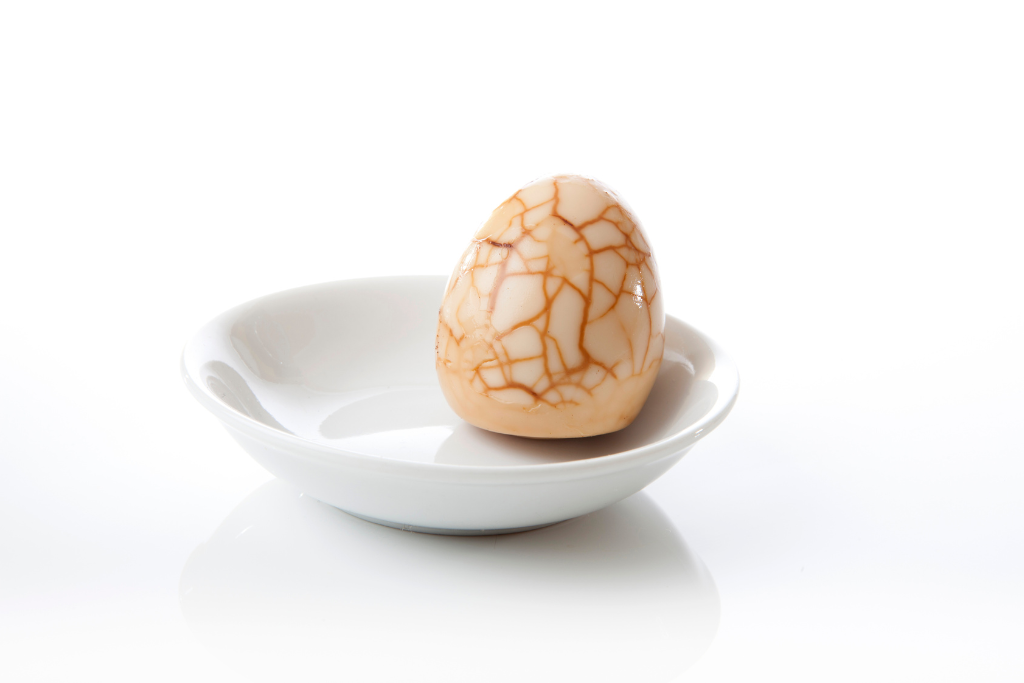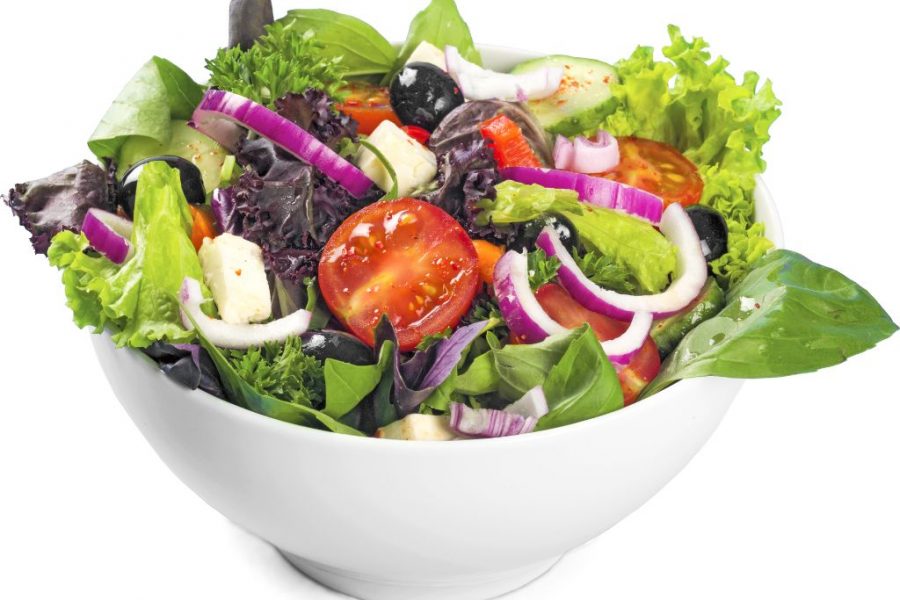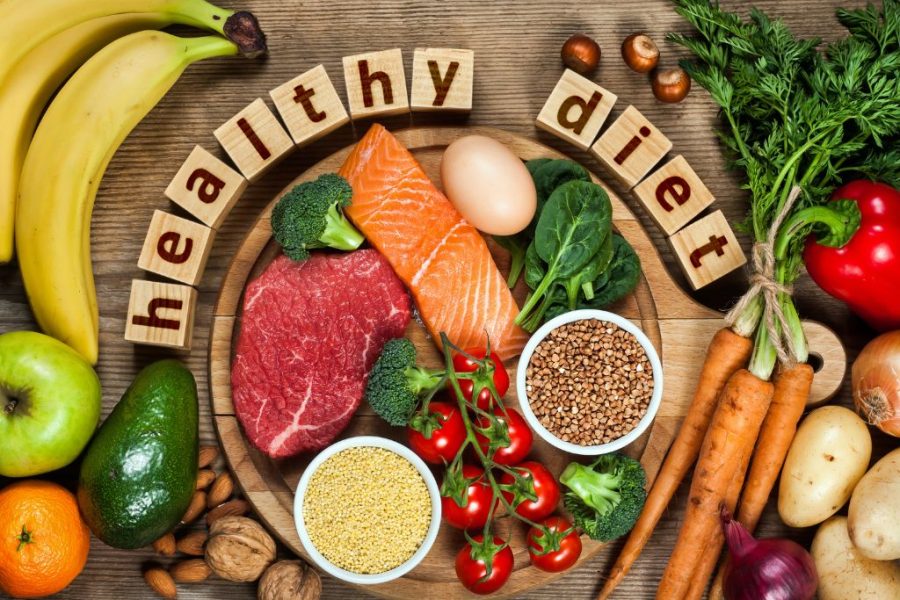Eggs that have been cooked to a hard boil and then steeped in a mixture of tea and soy sauce with a variety of spices, such as cloves, star anise, and cinnamon, are known as Chinese Tea Eggs (Cha Xie Ji Dan). Because the shells were fractured, the liquid could soak in, creating a wonderful marbled pattern. They are a common type of snack food in Taiwan and can be discovered in almost all of the country’s convenience stores. They provide an excellent amount of choline as well as lean protein.
Nutrition
Usually enjoyed as an afternoon snack, tea eggs (Cha Xie Dan) are hard-cooked eggs steeped in a flavorful marinade made with tea and Chinese spices. The result is a savory and nourishing snack with an intriguing network of cracks across the egg white, which adds to its unique charm.
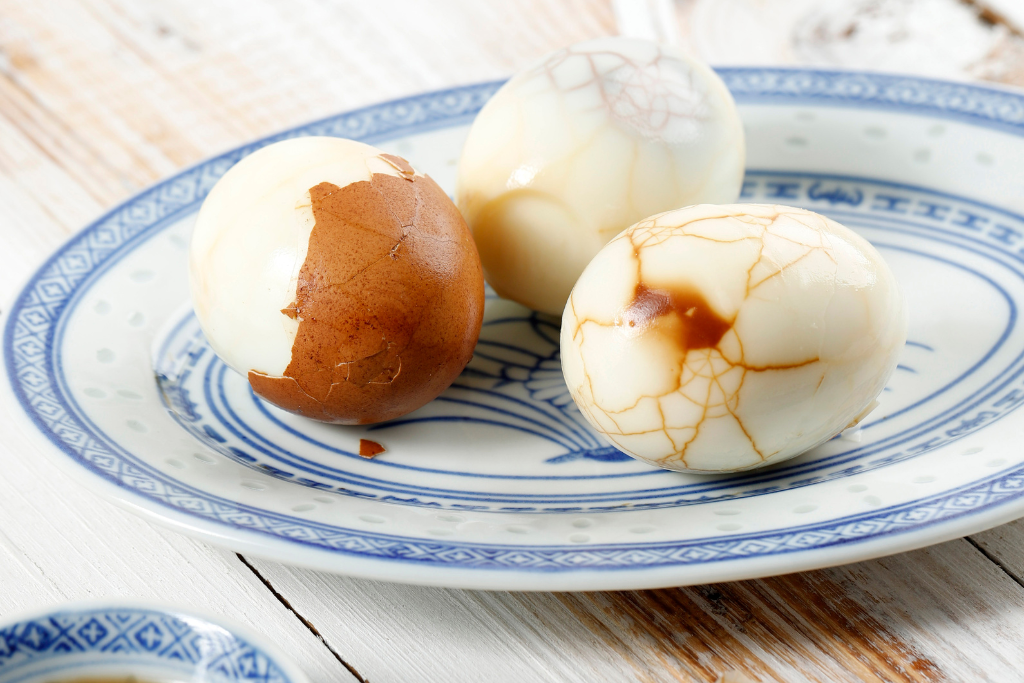
The recipe is typically a mix of black tea leaves, star anise, cinnamon, and Sichuan peppercorns. Other ingredients, like ginger, can also be added to the mixture for a spicier and more savory treat.
Traditionally, tea eggs are made during Chinese New Year, as they are believed to bring luck and good fortune. However, they can be enjoyed any time of the year! Adding a little tea to your diet can boost your health and help keep your energy levels up. So make these delicious tea eggs at home and enjoy them as a nutritious and satisfying snack!
Flavor
A tea egg is a hard-boiled egg tinted with a rich brownish marinade made from soy sauce, Chinese black tea leaves, and spices. Chef Kai Ho at Tairroir excels at deconstructing quotidian and basic food items and turning them into delicate dining-worthy dishes, and his tea eggs are no exception.
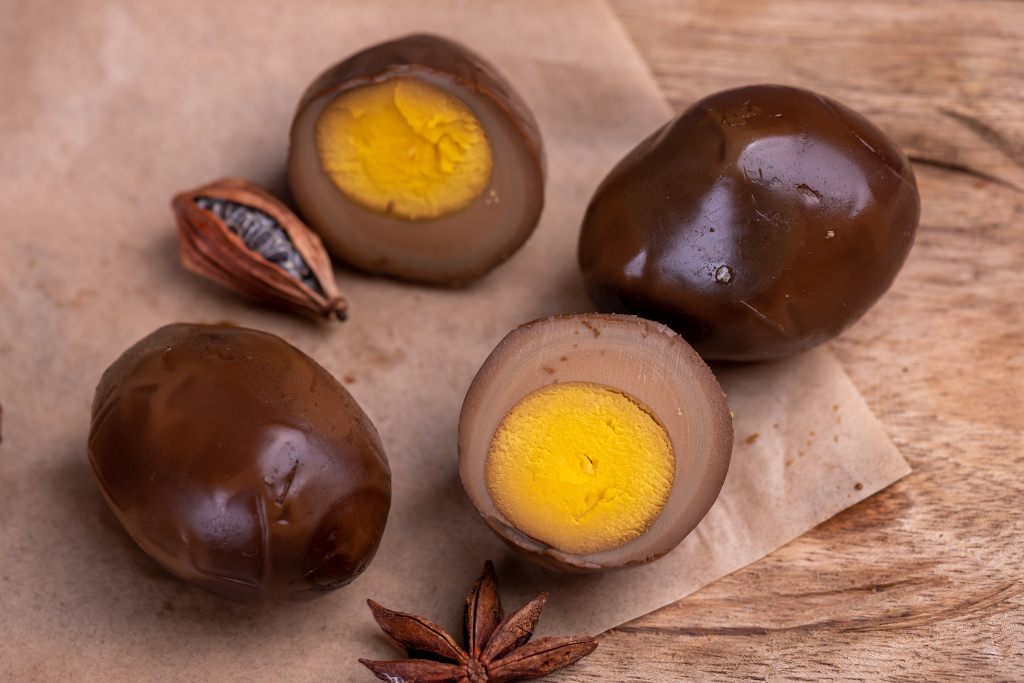
The key to a successful tea egg is the kind of tea you use. Ho used oolong tea for his recipe because it’s readily available in Taiwanese markets, but you could also experiment with pu-erh or other types of black tea.
Bring a pot of water to a boil, add low-sodium light soy sauce, dark soy sauce, tea leaves, Sichuan peppercorns, ginger, and bay leaf to the pot, and let simmer for about 15 minutes. When the mixture is done, remove the bay leaves and star anise from the bank.
Calcium
Tea eggs are an excellent source of protein and are low in calories. They also contain many nutrients such as Vitamin C, iron, and potassium. They are an excellent addition to your daily diet and can be eaten as a snack or breakfast option.
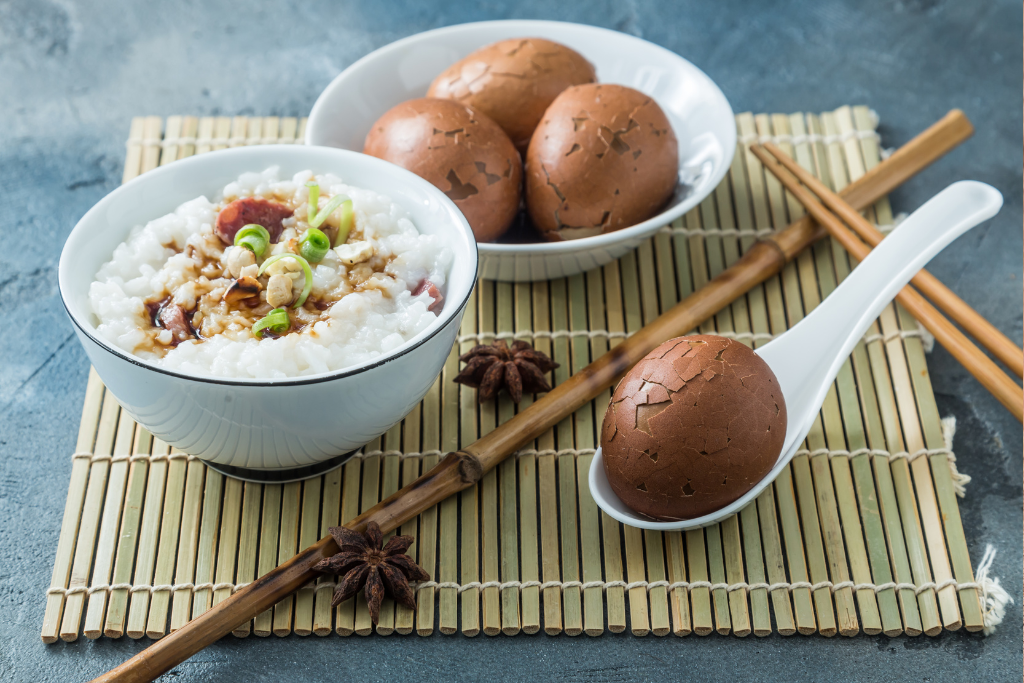
Start by boiling a pot of water. Once the water comes to a boil, gently lower the eggs (using a spoon helps to avoid dropping them). Cook for 8 minutes and then remove from heat. Allow to cool. Once cooled, carefully tap each egg against the kitchen counter with the back of a spoon to crack the shell slightly. This will help the spices seep in a little better and create that really nice marbled look.
Combine the black tea leaves, oolong or Pu-erh tea, and a tablespoon of dark soy sauce with a teaspoon of five-spice powder (I used whole spices rather than pre-ground as it is much more flavorful). Then add the boiled eggs. Let the soaking liquid sit for at least an hour, and then let the eggs sit in the refrigerator overnight. The longer the eggs are in the marinade, the darker and saltier they will become.
Ingredients
Tea eggs are basically hard-boiled eggs steeped in a tea and Chinese spice marinade. They are a popular snack throughout much of China, especially Taiwan. They are so common that they can be found in many convenience stores. Unlike the fried version, which is famous for its silky and gooey egg yolk, these tea eggs are all about the smooth egg white. They are creamier and less dry than regular hard-boiled eggs, making them easier to swallow.
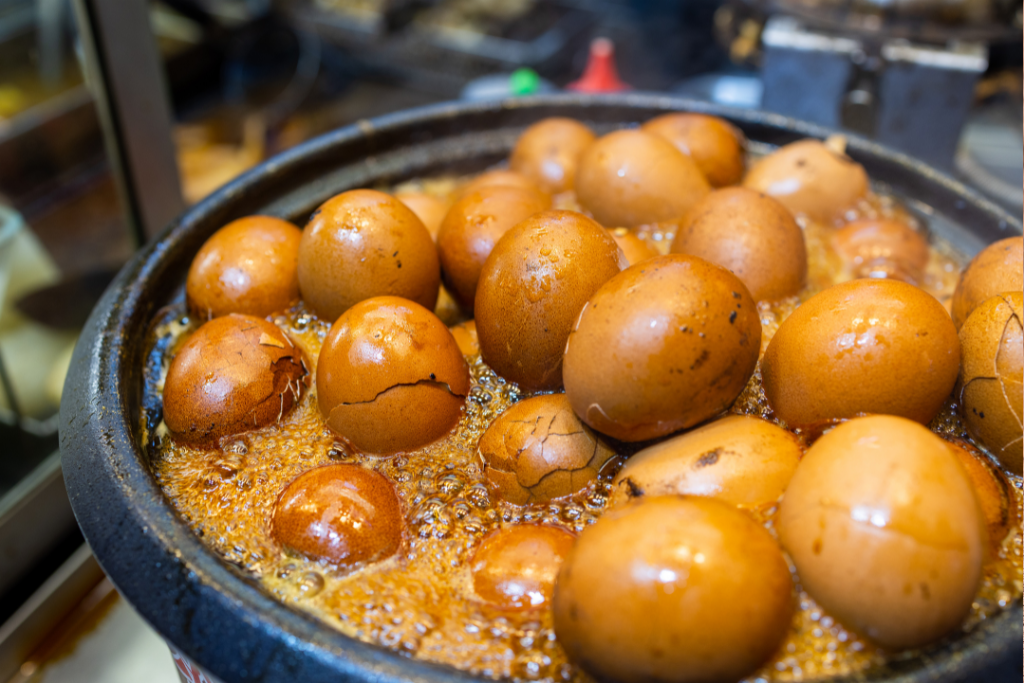
To make tea eggs, first, gently tap each egg with the back of a spoon all over to crack it evenly. This is important to allow the tea and spice marinade to seep in slowly through the cracks, creating an attractive network of dark lines on the egg white. Then, add the eggs to a pot with water, Chinese black tea leaves, light and dark soy sauce, and spices (such as star anise, cinnamon, cloves, Sichuan peppercorn, and ginger). Bring everything to a boil, then let it simmer for 1 hour.
In “Achieve Balance and Wellness With These Nourishing Tea Eggs,” the author investigates the possibility of consuming healthy eggs that have been infused with tea. To get more creative in the kitchen, read “Easy and Delicious Summer Salad Recipes.” Discover new, delicious twists on the classic salad. Read up on these mouthwatering dishes, and up your cooking game. Keep reading for the recipe for a refreshing summer salad.

